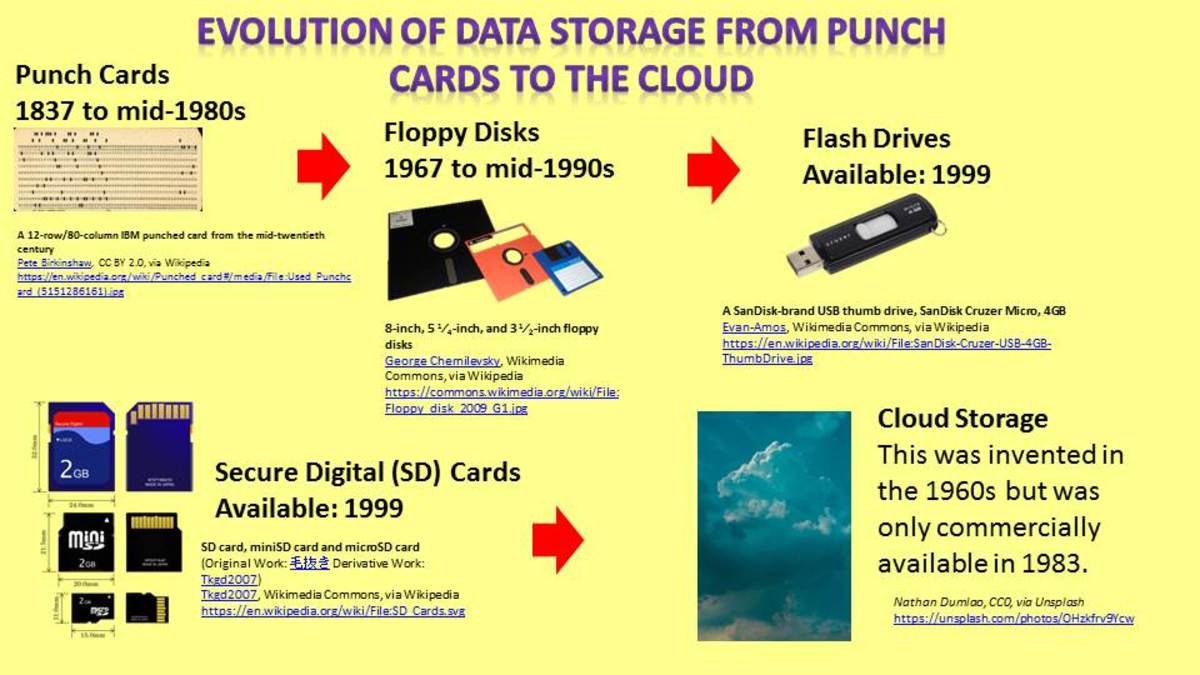Problems with the Cloud
No technology can claim to be completely failsafe in nature, and this seems to relate to the saying that “to err is human”. Technological innovations are the brainchild of generations of human thinking, and are as much of an evolutionary process as the evolution of life itself.
On the same note, though computing techniques have reached their heyday in the present age, it is still fraught with various issues, constant efforts to address which are being made by specialists in the field. One of the relatively newer branches of this computing boom is cloud computing, and this has its own share of ills to cure.
Though a highly successful technological outcome of generations of forward thinking, there are, nevertheless, problems which still need to be solved before it can become the ultimate computing solution. These issues, though seemingly insignificant when considered from an isolated perspective, tends to loom threateningly when regarded with respect to the attention which cloud computing has already generated. Some of the issues which seem to plague the system are as follows:

Data Theft
This is the most threatening factor which has been a part of cloud computing ever since its very inception. The servers of the cloud hosting providers, for the most part, are not fully owned by them, because of the huge costs involved in procuring and maintaining servers. As a result, they are forced to lease servers, over which they have no physical control. Subsequently, they have little to do if the data reaches the wrong hands, or is intercepted electronically by parties who foster malicious intent.
Insecure APIs
The security of data stored with the cloud hosting provider is severely challenged because the architecture followed by cloud hosts does not always meet the requirements of the end users. In fact, the applications created for cloud computing have their own security parameters which may not often be compliant with the end user applications. This can lead to severe data loss and may result into a catastrophic security breach.

Data Separation
Cloud computing often works on the principle of multiple tenancies, whereby its servers are shared by different parties with the intent of hosting data and applications. Because of this multi tenancy, the separation of client data often becomes a challenge, with one party’s data being accessed by the other. This poses severe challenges in maintaining client privacy and often leads to breach of sensitive data which may be specific to clients.
Operational Security
Controlling who has access to the data and the servers is a key concern, as the data servers are often leased from third party vendors. As such, there emerge issues regarding insider access. Someone entrusted with administration of the data can turn out to be a potential hacker, and those considering a shift to the cloud must take note of who is controlling their data, and also the nature of access such individuals have.

Natural Disasters
Cloud computing means that the clients’ data rests in the servers of service providers, which can often be continents away. The customers have little knowledge about the same, and their data is always at risk from being affected by acts of nature which might strike the location where their prized data is stored. In the event of a natural calamity, the clients face the appalling chance of losing their data as the location where the servers are, might be affected because of such a calamity, or may have disrupted communication, severely impairing the access and transmission of data.





